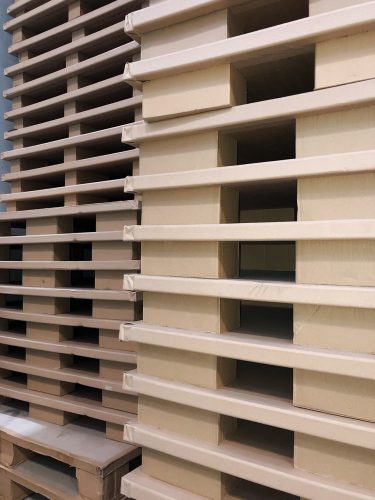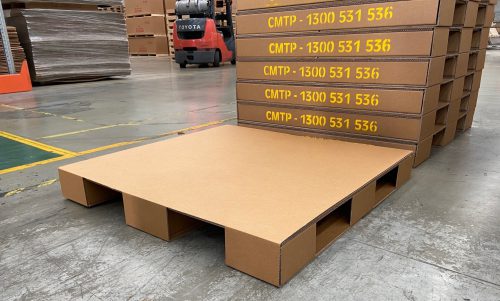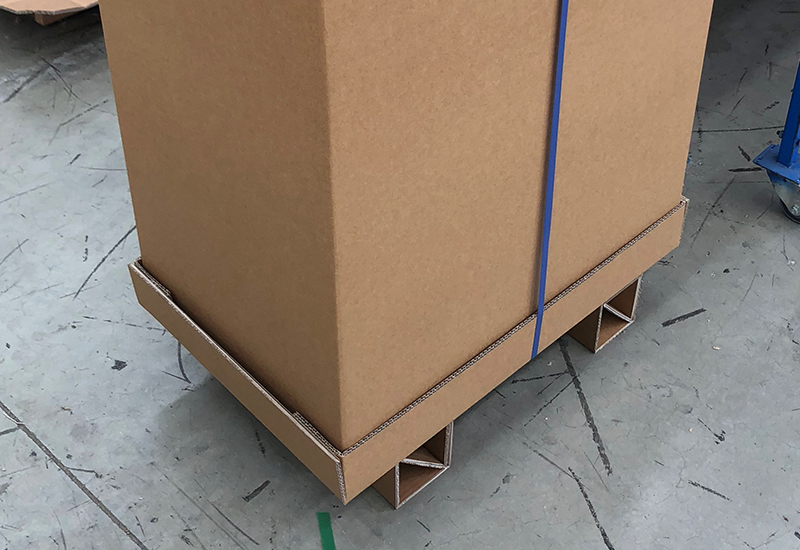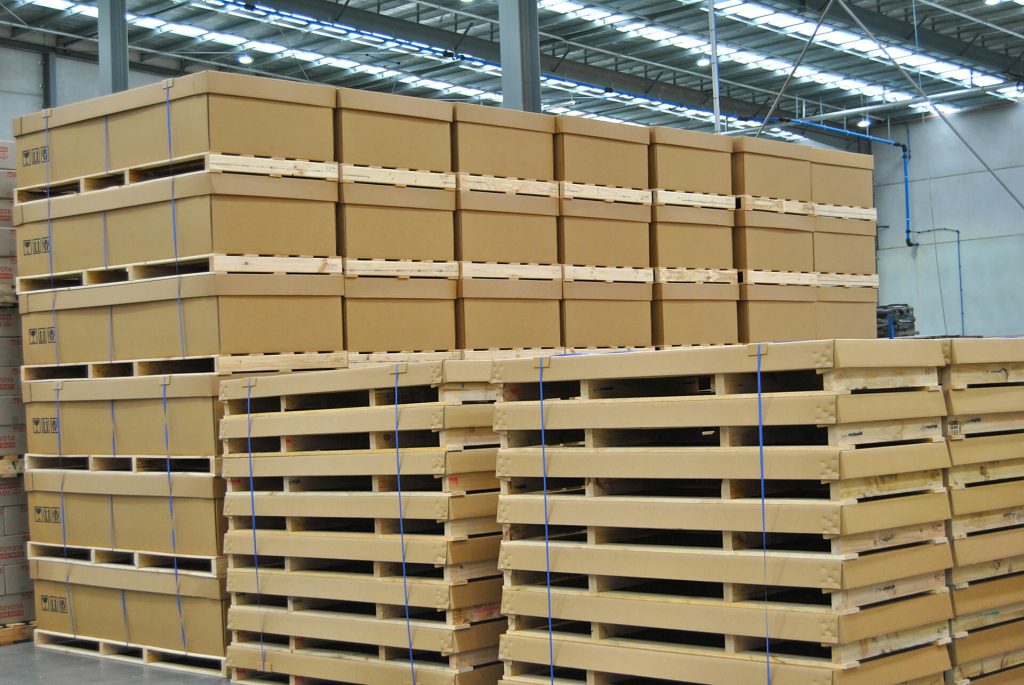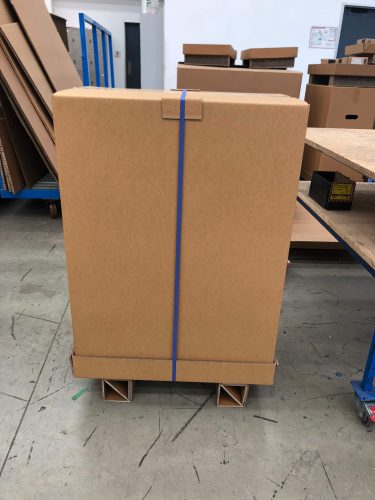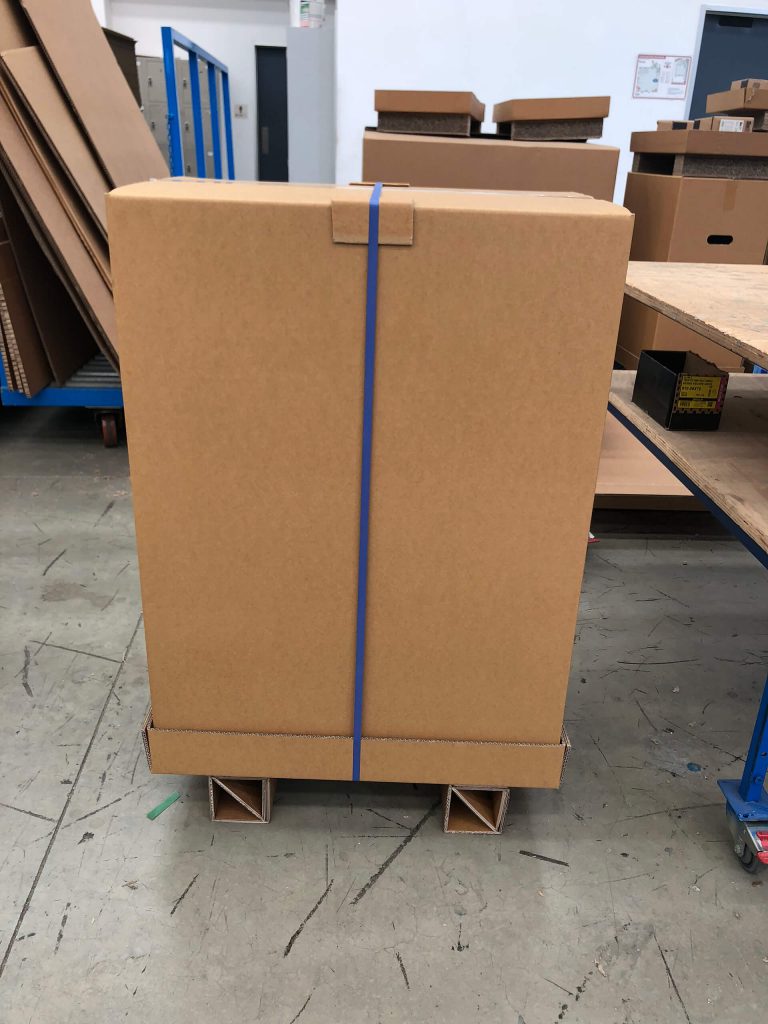Custom-made pallets
Need custom-made pallets? We offer packaging design and engineering services, and can recommend a cost-effective and optimised solution for your business.
Here’s how it works:
- Obligation free business assessmentFill out a form to give us more information on your packaging needs.
- Pallet designOur design process takes into account all aspects and steps of packing, storing, shipping, retailing and using your product. We will design the smartest solution to meet your needs as manufacturer, producer or distributor.
- DeliveryWith 12 manufacturing sites across the country, we can quickly deliver your products Australia-wide.






